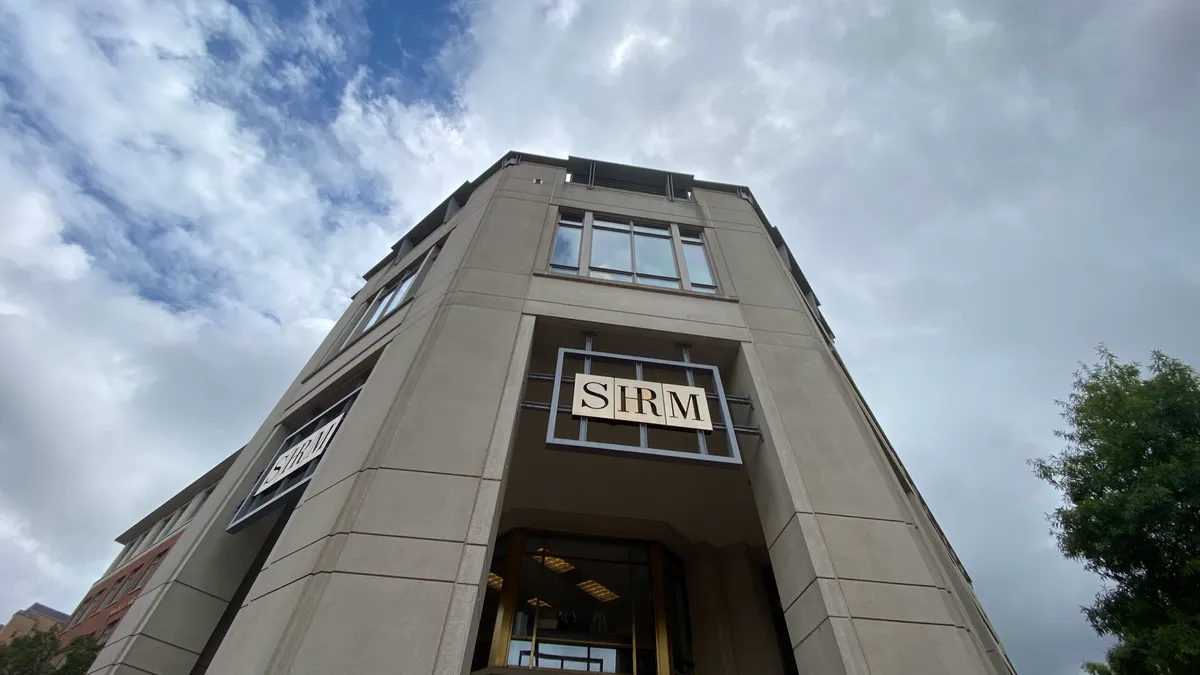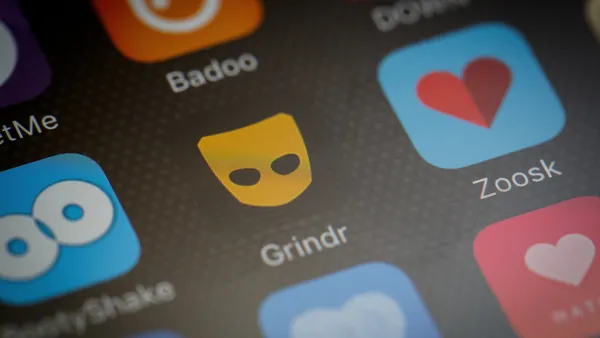Dive Brief:
- The impact of digital technology on work is undeniable. And HR leaders risk ignoring its influence at their own peril, according to Diginomica. By 2017, one-quarter of employers will risk their market position due to digital business incompetence, according to Gartner.
- HR leaders have to keep evolving in order to attract, retain and manage talent, because the latest breed of employee has much different expectations than previous generations. To meet the challenge, smart HR organizations are creatively seeking ways to use new tech to find success.
- Diginomica cites the key areas of onboarding, self-service, social collaboration, unified employee records and data science as those requiring HR's "digital perspective."
Dive Insight:
While employee self-service has been around for more than a decade, flexibility is now critical as employees want to manage their personal data 24/7. Today’s workforce wants business communication tools to mimic their personal experience – something HR has been shy about doing in the past due to misconceptions about the technology.
Data science is a key but underutilized section, as well. Some HR leaders understand that data analytics can be a potent tool, but many remain in the dark. Even those who have analytics initiatives may not have the right talent to handle the data properly, leaving it almost entirely useless.
According to Diginomica, HR needs to lead the digital transformation in the workplace. Truly strategic HR requires both smart tech and smart HR processes – all part of HR's role as a leader of culture.













